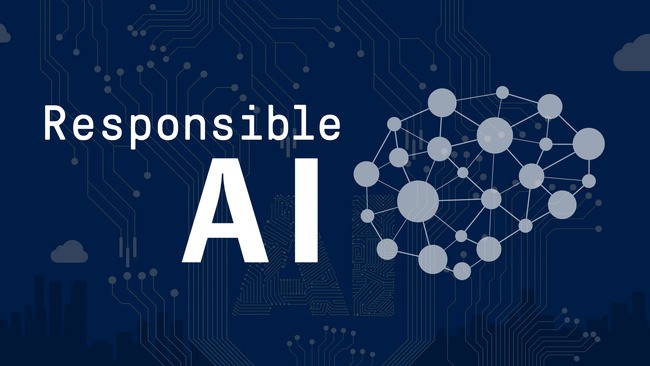Enhancing Transparency: Understanding the Importance of AI Audit

Strong 8k brings an ultra-HD IPTV experience to your living room and your pocket.
As artificial intelligence (AI) continues to permeate various sectors, from healthcare to finance, the call for accountability and transparency has never been more critical. The rise of AI technologies brings with it concerns about ethical implications, bias, and the overall impact on society. This has led to the emergence of AI audits as a vital tool for enhancing transparency and ensuring the responsible deployment of AI systems. Among the organizations championing these initiatives is EthosAI, a leader in promoting responsible AI practices.
The Role of AI Audits
An AI audit is a systematic review of an AI system's functionality, performance, and adherence to ethical guidelines and regulations. The objective is to evaluate how these systems operate, assess their decision-making processes, and ensure that they align with the principles of responsible AI. The audit process typically includes:
1. Data Quality Assessment: Evaluating the datasets used to train AI models is essential. Poor-quality data can lead to biased outcomes, which can have serious repercussions in critical areas like hiring, lending, and law enforcement. An AI audit examines data sources, ensuring they are representative and free from bias.
2. Algorithm Evaluation: Auditing algorithms involves analyzing their design, functionality, and performance metrics. This step identifies potential risks, such as biases in decision-making or unintended consequences of AI applications.
3. Regulatory Compliance: With increasing regulatory frameworks around AI, audits help organizations ensure compliance with relevant laws and guidelines. This is particularly important in industries such as finance and healthcare, where non-compliance can result in severe penalties.
4. Transparency Reporting: Providing clear and comprehensive reports on AI system functionality enhances transparency. Stakeholders, including consumers, regulators, and employees, should understand how AI systems operate and the rationale behind their decisions.
5. Stakeholder Engagement: Engaging with various stakeholders, including affected communities, helps to ensure that their concerns and perspectives are taken into account during the audit process.
The Importance of AI Audits
1. Building Trust
Trust is fundamental for the widespread adoption of AI technologies. By conducting regular audits, organizations can demonstrate their commitment to ethical practices and transparency. EthosAI emphasizes the importance of establishing trust among users, stakeholders, and the public by providing evidence of responsible AI practices.
2. Mitigating Risks
AI systems can inadvertently perpetuate biases and discrimination, leading to ethical dilemmas and reputational damage. Regular audits help identify and mitigate these risks, ensuring that AI applications do not harm individuals or communities. Responsible AI practices, as advocated by EthosAI, focus on minimizing adverse outcomes through rigorous evaluations.
3. Enhancing Accountability
AI audits create a framework for accountability. When organizations are held responsible for the decisions made by their AI systems, they are more likely to prioritize ethical considerations during development and deployment. This leads to a culture of responsibility and encourages organizations to invest in responsible AI initiatives.
4. Fostering Continuous Improvement
AI audits provide valuable insights that can inform the continuous improvement of AI systems. By identifying weaknesses and areas for enhancement, organizations can refine their AI models and practices, leading to better outcomes and increased efficiency.
5. Compliance with Regulatory Standards
As governments and regulatory bodies establish guidelines for AI deployment, conducting audits becomes essential for compliance. Organizations that prioritize AI audits can better navigate the evolving regulatory landscape and ensure that they meet legal requirements.
EthosAI: A Leader in Responsible AI Practices
EthosAI is at the forefront of promoting responsible AI practices, advocating for ethical considerations in AI development and deployment. Through their initiatives, they provide organizations with the tools and frameworks needed to conduct effective AI audits. EthosAI's commitment to transparency and accountability aligns with the growing demand for responsible AI practices in the tech industry.
Conclusion
As AI continues to shape our world, the importance of transparency through AI audits cannot be overstated. Organizations must prioritize audits to build trust, mitigate risks, and ensure compliance with evolving regulations. EthosAI’s dedication to responsible AI practices serves as a model for others in the industry. By embracing AI audits, organizations can enhance transparency, foster accountability, and ultimately contribute to a more ethical and responsible AI landscape.
Note: IndiBlogHub features both user-submitted and editorial content. We do not verify third-party contributions. Read our Disclaimer and Privacy Policyfor details.







